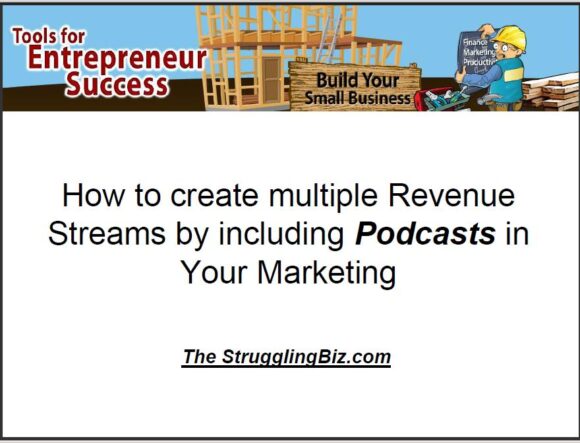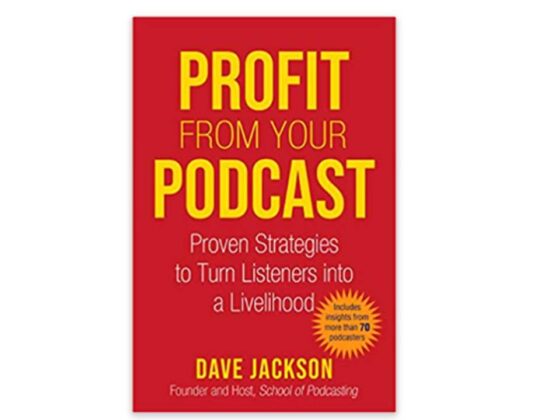Podcast: Play in new window | Download

In this episode, we bring to life yet another impromptu discussion and description of how Sgt. Fred has been a Renaissance Man four times over in life — and now five — and now is in his next Renaissance during his life — and all these are part of the story given in the accounts of his other podcast (which is still in the making) called the Real Academy of Life.
THE RENAISSANCE EXPERIENCES OF SGT. FRED
The stages of life which Sgt. Fred underwent a Renaissance experience were the following:
- From a high school student worker and academic scholar to become an award-winning dramatic actor and public speaker;
- From a University student to become a fraternity brother who improved the fraternity organization;
- From a depressed and mixed-up student to become a military man that became an Airborne Paratrooper and combat infantryman in the jungles, rice paddies and mountains of Vietnam during the war;
- From a veteran student joining the university world again to finish his degrees (both BA and MBA) to become a part-time faculty member of a university, as well as a dancer with a professional dance group (including a 10-year stint as a university dance instructor) — and then going out and becoming a serial entrepreneur in the area of the techno-industrial environment;
- From the veteran retiree in corporate America as a corporate instructor and professional podcaster and new media content creator (where he had 16 podcast shows in 2006 to 2020, including The Struggling Entrepreneur, Podcast Reporter, the 2030 Podcast, Grumpy Old Bears, and 10 other podcasts) — and especially with those who influenced him, such as Adam Curry and Dave Jackson;
- and the final Renaissance that is now in the beginning stages of being a retired podcaster and interviewer.
However, these experiences do NOT wipe away nor ignore the feelings of both shame and guilt from the memory of Sgt. Fred, as well as the feelings of regret in the area of personal relationships.
With a more mature outlook on life — both past and present and possible future — Sgt. Fred will continue in the podosphere for both his current podcast shows, as well as new episodes in his REAL ACADEMY OF LIFE.
Copyright (c) 2024, Matrix Solutions Corporation and michaelandmike.com.







